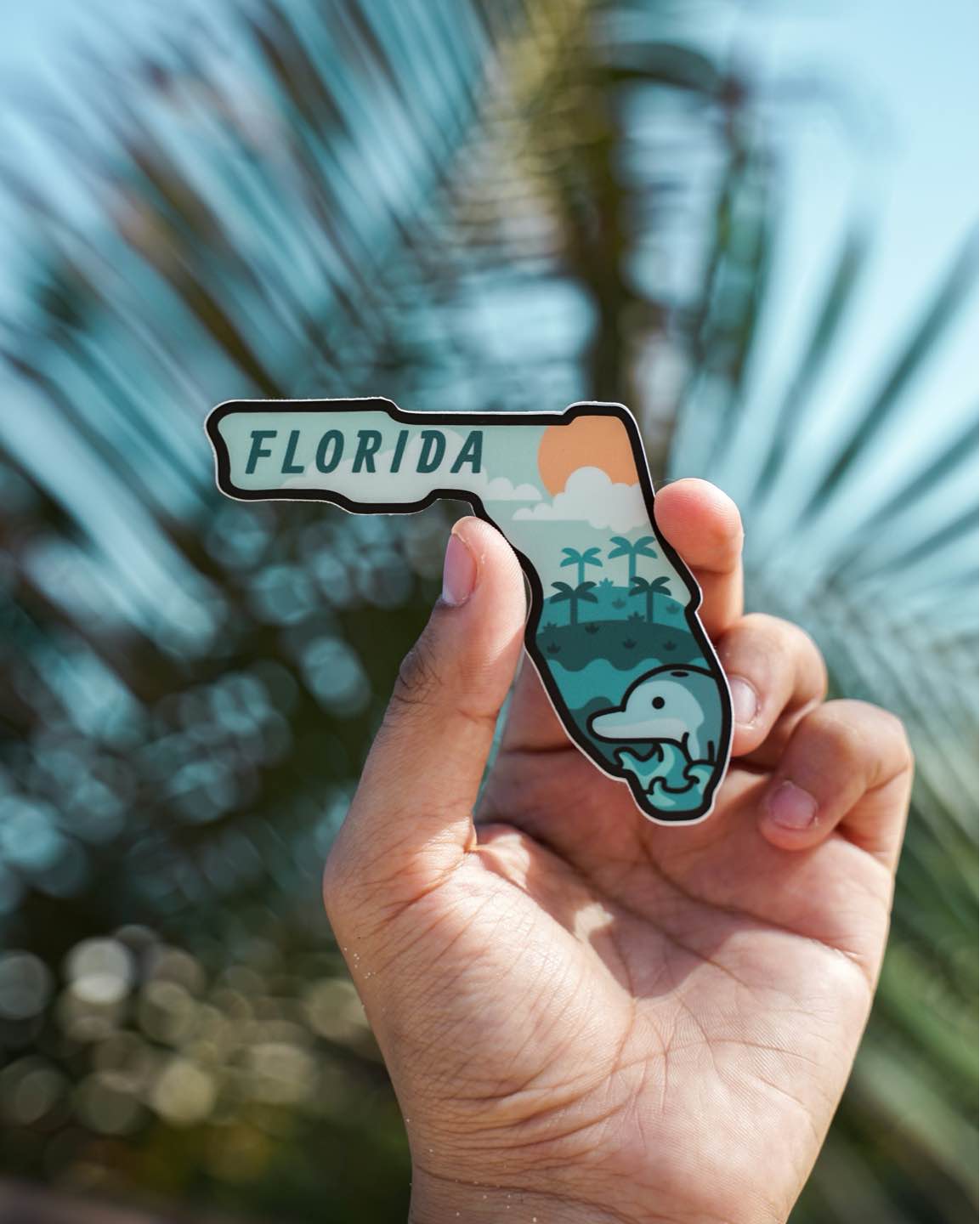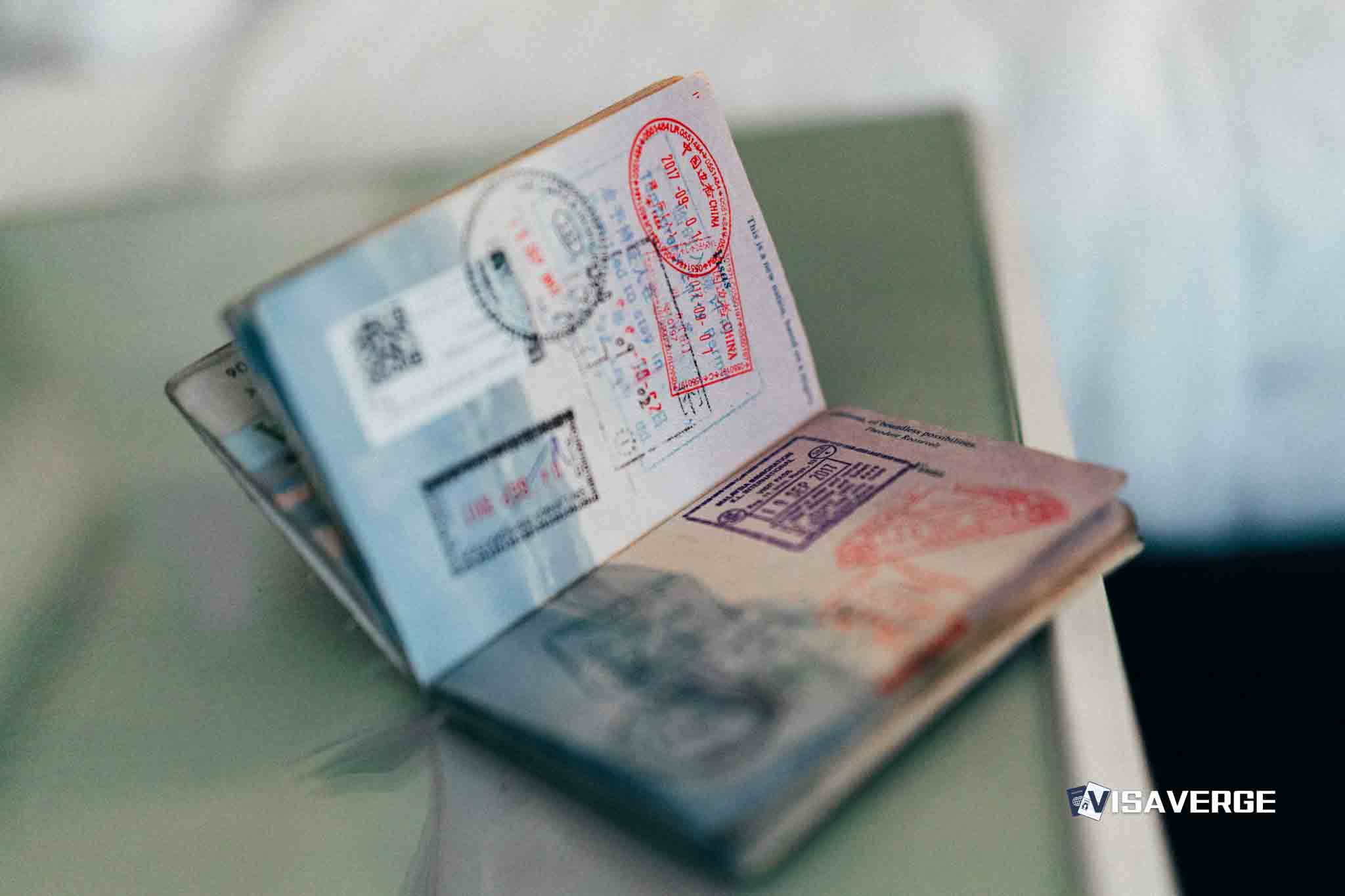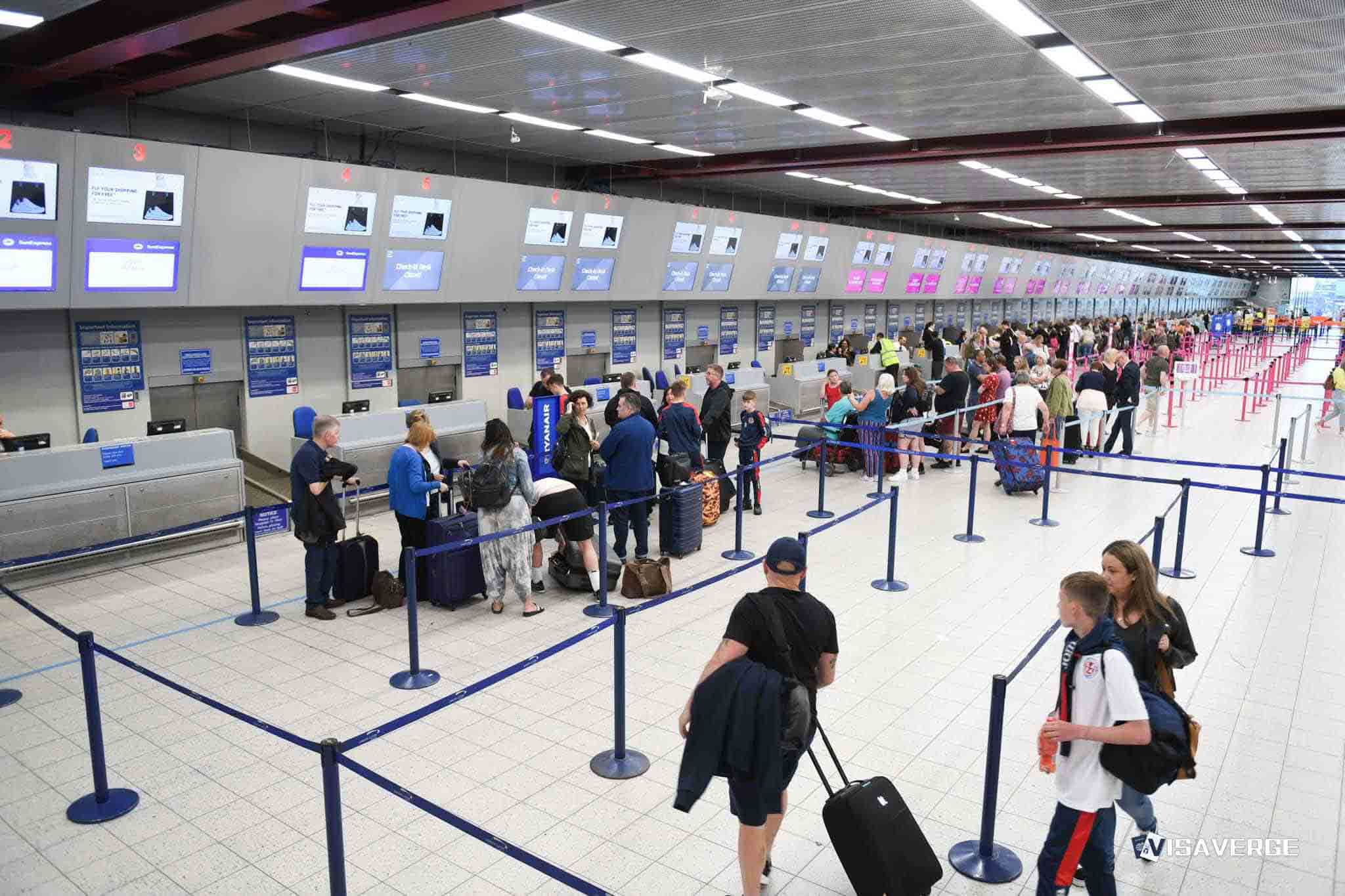Florida’s Efforts to Uphold a Law Limiting Voter Registration to Citizens
In the sunshine state of Florida, ongoing legal battles highlight the tension between voter registration initiatives and the state’s legislative maneuvers to restrict such engagement to citizens alone. This tug-of-war recently entered a critical phase as advocates for Latino political representation brace for a significant ruling that could have profound implications for their work.

Legal Challenges to SB7050
At the heart of the controversy is Florida’s law SB7050 – a piece of legislation that, among other stipulations, seeks to prevent noncitizens from being involved in the process of registering voters within the state. When the law was met with judicial resistance in the form of an emergency injunction last July, organizations breathed a temporary sigh of relief. However, with Florida’s government appealing against this injunction and the ensuing oral arguments scheduled for the 11th Circuit Federal Court of Appeals in Atlanta, anxiety mounts for the law’s opponents.
The Potential Impact on Voter Outreach Organizations
Carolina Wassmer, the Florida director of Poder Latinx, articulates the high stakes involved:
“If the injunction is lifted, we would have to completely restructure, and this would really be devastating for our program.”
Poder Latinx relies on the expertise of staff members who, although they may not vote, play a vital role in voter registration activities. These individuals often serve as the backbone of the organization, contributing years of field experience. Their participation exemplifies the American tradition of civic engagement, which for many lawful permanent residents, serves as a prelude to full citizenship.
Noncitizen Voter Registration Penalties
For noncitizens eager to take part in voter registration drives, the specter of a $50,000 per person penalty – a harsh provision of the contested law – looms large. This punitive fee underscores the risks they would face if found collecting or handling registration forms. It stands as a deterrent not just for individuals, but for the organizations that would suffer financially and operationally under such sanctions.
A Decrease in Voter Registrations by Third Parties
According to Frederick Vélez, the national director of engagement for the Hispanic Federation, the tightening of registration rules has already manifested in a troubling trend: “Voter registration numbers by third-party groups have decreased since 2021, when Florida began enacting voter restriction laws.”
This downtrend goes against the grain of Florida’s demographic makeup and its history of political activism. He also noted that communities of color are “four or five times more likely to register through nonpartisan groups than their white counterparts,” making these legal developments particularly damaging to minority voter turnout.
The State’s Defense
Florida officials have previously defended SB7050 as a necessary step to streamline the registration process, hold groups accountable for late registrations, and preclude noncitizens from illegally participating in elections. Yet, the rationale behind targeting noncitizen volunteers has been questioned. Judge Mark Walker, who issued the injunction, highlighted the logical gaps in the state’s argument:
“The state acknowledged a dearth of evidence connecting non-citizens to late-filed voter registration applications.”
Organizational Response
With the trial set for April, advocacy groups are marshalling their resources and arguments to challenge not only the noncitizen participation aspect but other facets of the law as well. The Hispanic Federation, alongside various allies, spearheads this legal counter-attack. Its president, Frankie Miranda, clarifies their position:
“We are not questioning the state’s authority to regulate third-party voter registration organizations. The problem here is that it has drawn a law that has no connection to the problem that it has identified.”
The crux of Miranda’s argument and that of the federal judge is the need for state action to be effectively tethered to the issue it purports to tackle.
The Road Ahead
For now, voter registration initiatives by groups like Poder Latinx continue under the shield of the emergency injunction. However, the resolution of this appeal and the upcoming trial will determine their long-term viability. The possible reinstatement of SB7050’s restrictive measures could radically change the landscape for voter registration, participation, and the fundamental democratic principle of inclusive political engagement in Florida.
Community-based organizations and their supporters hang in the balance, championing the idea that proper integration into American political life is as much a right for lawful permanent residents as it is a stepping stone towards citizenship. They stand ready to continue their work and adapt to new challenges, guided by the conviction that civic participation is the cornerstone of a robust democracy.
For more information on voter registration and legal updates concerning the case, individuals can refer to official resources such as the U.S. Citizenship and Immigration Services for guidance on citizenship and eligibility for civic participation.
Learn Today:
Glossary or Definitions:
- SB7050: Refers to a piece of legislation in Florida that aims to restrict noncitizens from participating in the voter registration process within the state.
-
Emergency Injunction: A temporary court order that prohibits the enforcement of a law or regulation until a final decision is made regarding its legality.
-
Latino Political Representation: The presence and involvement of individuals of Latino descent in the political system, aiming to ensure their fair representation and influence in decision-making processes.
-
Voter Outreach Organizations: Nonprofit or community-based groups that engage in activities to encourage voter registration, education, and participation.
-
Civic Engagement: The active involvement of individuals in the community and democratic processes, including voting, advocacy, and participation in public affairs.
-
Lawful Permanent Resident: A noncitizen who has been legally granted permanent residence status (commonly known as having a “green card”) in a particular country, allowing them to live and work there indefinitely.
-
Noncitizen Voter Registration Penalties: Refers to the penalties imposed on noncitizens who are found collecting or handling voter registration forms, as stated in the contested law. These penalties can amount to $50,000 per person.
-
Voter Restriction Laws: Laws or regulations enacted by states that impose additional requirements or limitations on the registration and participation of voters, potentially resulting in decreased voter turnout, particularly among minority groups.
-
Third-Party Groups: Nonpartisan organizations or groups that facilitate voter registration and participation, often targeting underrepresented communities or groups.
-
Minority Voter Turnout: The participation rate of members of minority communities in elections and other political activities, which may be lower compared to other demographic groups.
-
Streamline the Registration Process: The objective of making the voter registration process more efficient, simplified, and less burdensome for both individuals and the authorities involved.
-
Late-Filed Voter Registration Applications: Refers to voter registration applications that are submitted after the designated deadline, potentially causing administrative challenges and delays.
-
Advocacy Groups: Organizations that work to promote a specific cause or issue, often by engaging in public awareness campaigns, lobbying, and legal actions.
-
Legal Counter-attack: The strategic response of advocacy groups and their allies through legal means, such as filing lawsuits or initiating legal challenges, to contest the validity of laws or regulations they believe are unjust or unconstitutional.
-
Inclusive Political Engagement: The principle of ensuring that all eligible individuals, regardless of their background or status, have the opportunity to participate fully in the political processes of a country, including voter registration and voting.
-
Lawful Permanent Residents’ Integration: The process of assimilating lawful permanent residents into the political, social, and cultural fabric of the country they reside in, laying the foundations for potential future citizenship.
-
Robust Democracy: A strong and healthy democratic system characterized by widespread and active citizen participation, protection of individual rights and freedoms, and transparent governance.
-
U.S. Citizenship and Immigration Services (USCIS): The government agency responsible for administering and enforcing immigration laws in the United States. It provides information and services related to citizenship, immigration benefits, and eligibility requirements for civic participation.
So there you have it, the current state of Florida’s efforts to limit voter registration to citizens. The outcome of the legal battles and appeals remains uncertain, and the potential impact on voter outreach organizations and noncitizens is significant. While we await further developments, if you’re looking for more information on immigration, citizenship, or other visa-related topics, be sure to visit visaverge.com. Stay informed and empowered!
This Article in a Nutshell:
Legal battles over Florida’s voter registration law continue, raising concerns for organizations promoting Latino political representation. The law, SB7050, aims to restrict noncitizens’ involvement in voter registration. A pending appeal and trial will determine the fate of these organizations and the future of inclusive political engagement in Florida.













